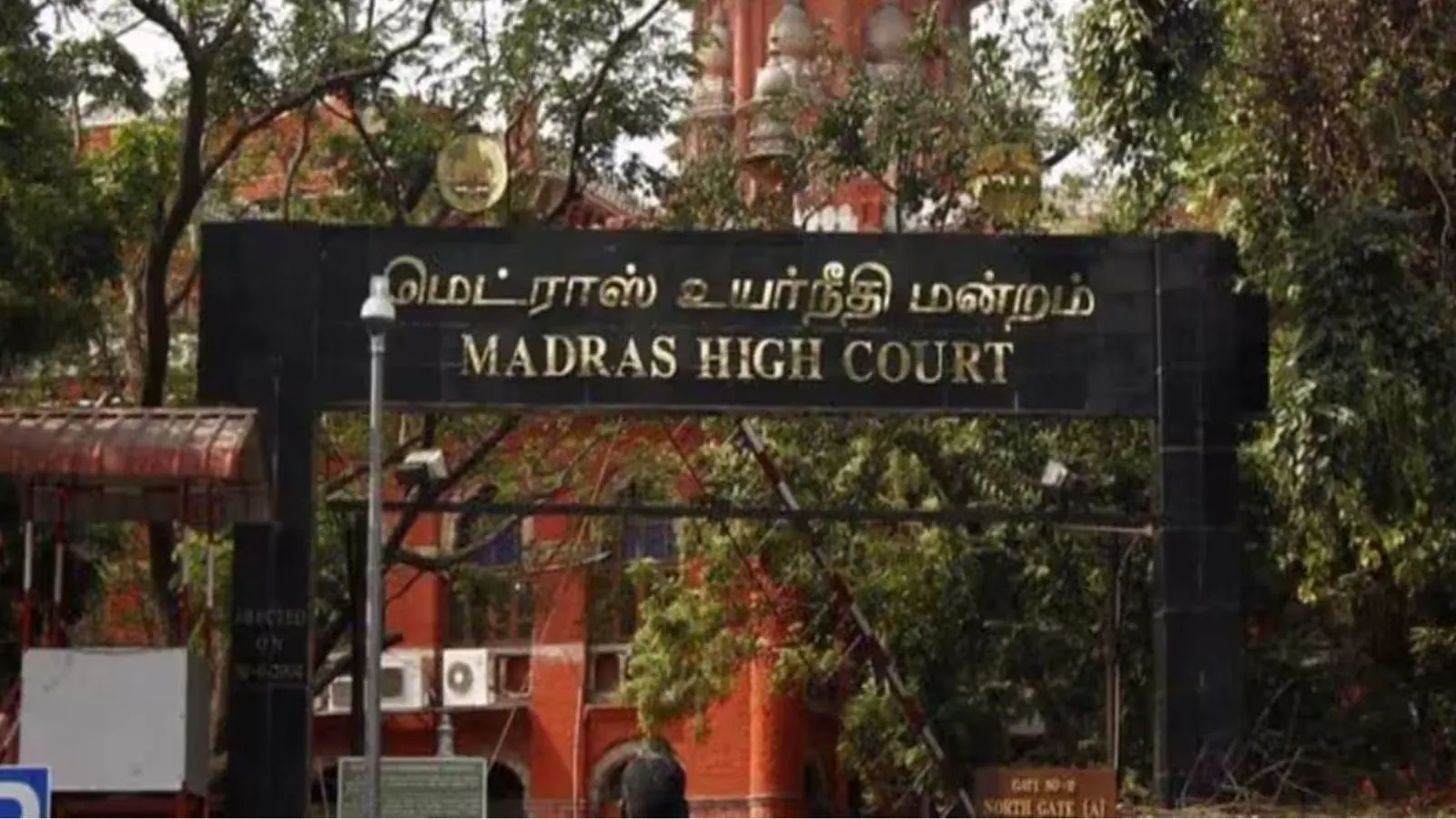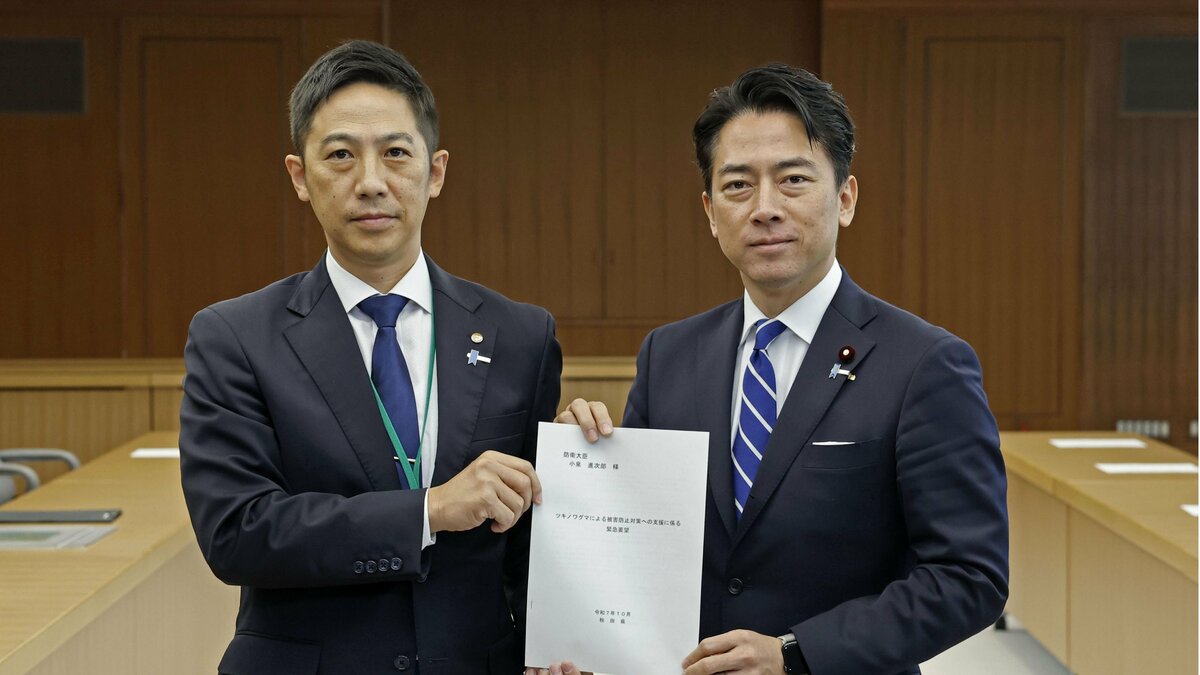Copyright news18

The Madras High Court has held that an adoption deed executed by a child’s grandparents cannot be deemed invalid if it was done with the consent of the biological mother. Justice M Dhandapani set aside an order of the Puducherry Registrar of Births and Deaths, who had refused to record the names of adoptive parents in the birth certificate of a child on the ground that there was no adoption order issued by the District Magistrate under the Juvenile Justice (Care and Protection of Children) Act, 2015. The case arose from a petition filed by A Kannan, who, along with his wife K Sheela, had adopted a girl child born to Vijayalakshmi in April 2022. The couple, married since 2006 and unable to have children, had performed the adoption as per Hindu rites, followed by a registered deed. Later, a civil court in Puducherry declared the adoption valid through a decree that was not challenged by any party. Despite the decree, the local registrar declined to alter the child’s birth records, insisting that an adoption order from the District Magistrate was mandatory under the Adoption Regulations, 2022, framed under the JJ Act. Justice Dhandapani disagreed with this reasoning. He noted that the Hindu Adoptions and Maintenance Act, 1956 (HAMA) was a self-contained code, and that Section 56(3) of the JJ Act specifically excluded adoptions made under personal laws from its purview. “The Juvenile Justice Act would not have any overriding effect over the Hindu personal law,” the judge said, adding that any adoption carried out in accordance with HAMA was valid and complete in itself. The court also took note of the deposition of the biological mother before the civil court, in which she had explicitly stated that she gave the child in adoption to the petitioner and his wife. Justice Dhandapani held that this testimony, supported by the adoption deed and the decree, conclusively established the validity of the adoption. “The mere fact that the grandparents of the child had executed the adoption deed alone cannot make the adoption deed invalid so long as the adoption was made with the concurrence of the mother,” the court said. Rejecting the argument that the petitioner should have obtained clearance under the JJ Act, the court said such requirements applied only to abandoned, orphaned, or surrendered children and not to cases where the biological parent voluntarily gave the child in adoption. The judge further criticised the authorities for what he described as “administrative overreach,” saying they could not nullify a civil court decree through executive action. “Administrative orders cannot override judicial decrees,” the court observed, directing the Registrar to issue a fresh birth certificate within four weeks, incorporating the names of the adoptive parents. Justice Dhandapani also used the occasion to caution officials against adopting a mechanical approach in adoption matters. He said both the HAMA and the JJ Act are welfare legislations intended to safeguard the interests of children and to ensure that they grow up in a stable family environment. The intention behind these laws is to protect the child’s welfare, not to create procedural roadblocks, the judge remarked. “The authorities at the helm of affairs are to see that the interests of the child are met and so long as the same are met, the intricacies in the process should be best oiled to the benefit of the child so that the adoption process is free and does not suffer blockage due to administrative lacunae,” the order stated.



